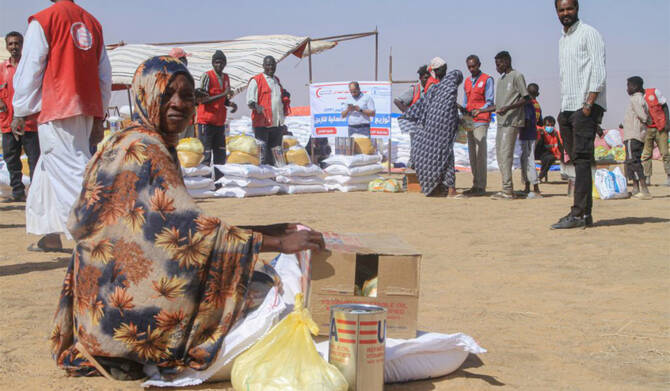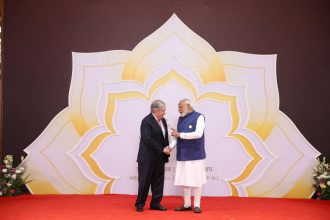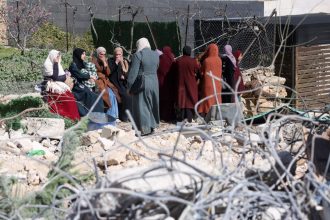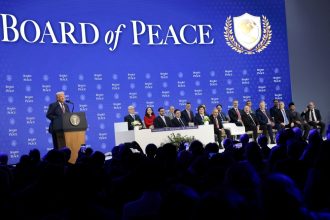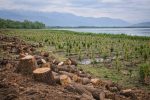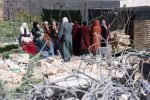Nearly half of South Sudan’s population is now trapped in acute hunger, and humanitarian assistance has fallen to its lowest level ever, according to a new warning from Oxfam.
The UK-based organisation revealed that only 40 per cent of the US$1.6 billion humanitarian plan for 2025 has been funded — a direct consequence of Western nations cutting back their aid budgets. This shortfall comes at the worst possible moment for a country already on the edge.
Oxfam reports that almost six million people in South Sudan are going hungry and lack reliable access to clean water and sanitation. This number is projected to rise to a staggering 7.5 million by April if urgent action is not taken.
The crisis is deepened by entrenched corruption, with South Sudan’s oil wealth siphoned off by elites, leaving citizens without even the most basic public services. The United Nations has repeatedly documented this systemic theft, which continues to cripple the nation’s ability to recover.
“It is as though the world is turning its back on those who need help the most, at the very moment when their survival hangs in the balance,” said Shabnam Baloch, Oxfam’s South Sudan country director.
South Sudan, which became an independent nation in 2011, experienced a brutal five-year civil war shortly after its birth. The conflict displaced more than two million people and left deep fractures that continue to threaten the fragile peace. Now, with political tensions rising again, fears of renewed conflict are growing.
Adding to the strain, the country is hosting hundreds of thousands of refugees fleeing the war in neighbouring Sudan. Transit centres in the border town of Renk are overwhelmed, receiving up to 1,000 new arrivals every day. Yet Oxfam announced it will be forced to scale down operations in Renk by 70 per cent next month — and may have to shut down entirely by February unless emergency funding is secured.
At its core, this story is not just about numbers. It is about people — families who did nothing to deserve this suffering, children whose futures are being stolen, and communities fighting every day just to survive. The world’s attention may be drifting, but their struggle is real, urgent, and impossible to ignore.
